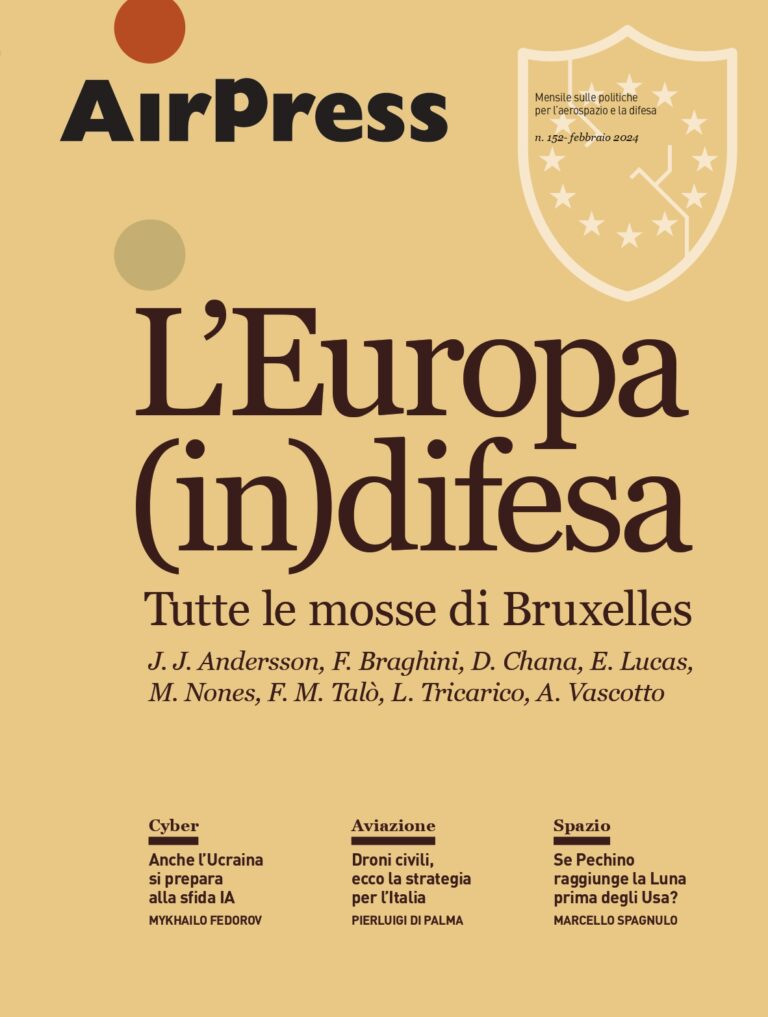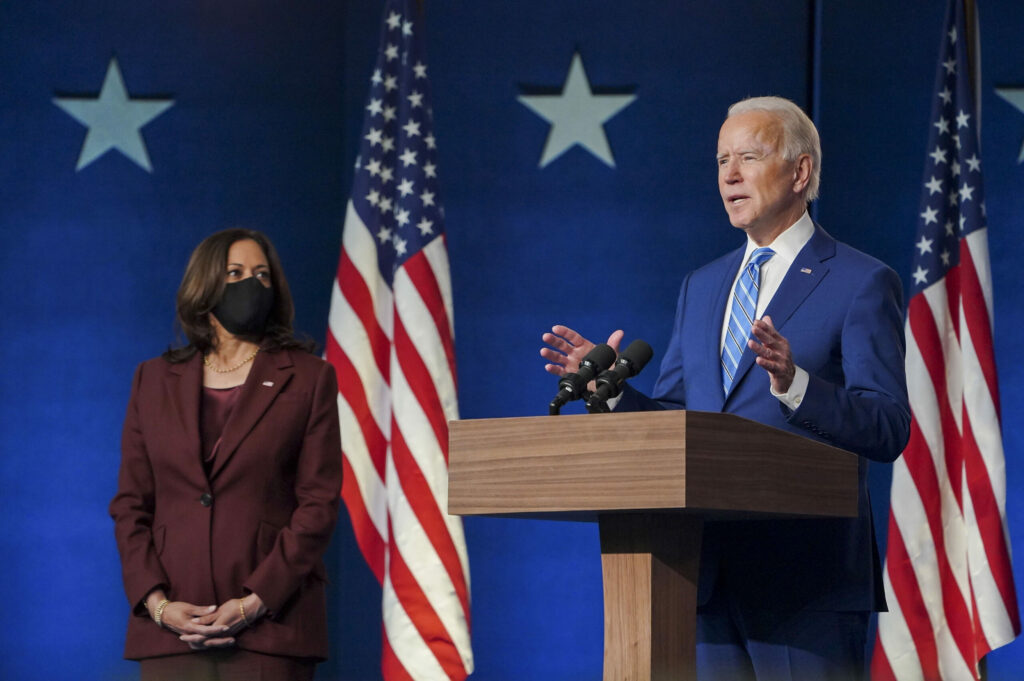We reached out to diplomatic experts to gauge how the Biden presidency will impact the EU – and what to expect, realistically, from future EU-US relations
Most European leaders sent warm congratulations to US President-elect Joe Biden, who reportedly is telling his allies that “America is back.” The bloc’s foreign affairs chief Josep Borrell welcomed “the chance to work once again with a US president who doesn’t consider us a foe.”
Although this level of enthusiasm is not standard practice, one might say that the EU’s top diplomats will not miss Donald Trump’s erratic, uncooperative and isolationist foreign policy strategy. To this day, the incumbent has yet to concede.
The American ambassador to Italy Lewis Eisenberg said that Mr Biden’s “apparent” victory still had to be certified and urged to wait for the process to be complete. The elections had “underscored the differences as well as the hopes of the American people; they are the bedrock of our values of freedom and equality, we can have a more perfect Union, together.”
The ambassador also sought to reassure the allies of the US, retracing a narrative that echoed that of Mr Biden. Talking about NATO, he said that “we’re stronger together. This alliance is more than seventy years old, it’s the strongest in the world, beyond of any change in government or leadership.”
Still, the EU looks ahead. Antonio Parenti, head of the European Permanent Representation in Italy, said that the first tangible sign of cooperation will be “the return to multilateralism, which remains the guiding star of European foreign policy.”
He pointed at Mr Biden’s promise to rejoin the Paris climate accords, the WTO and its efforts to coordinate the distribution of the Covid-19 vaccine(s), as well as the possibility that he might re-enter the Iran nuclear deal (JCPOA), as examples of cooperation “toward the solution of problems that afflict us all.”
David O’Sullivan, an experienced Irish civil servant, former European high-ranking diplomat and EU ambassador to the US until 2019, also spoke positively of Mr Biden. “[He] is much more of a traditional Transatlanticist, multilateralist, and he strongly supports NATO and the EU. I think all of that is hugely positive, and that it offers opportunities.”
“The Transatlantic partnership is the most important relationship in the world [for the EU] and also, I suspect, for the Americans, in terms of security and defence, trade and investments, and in terms of values.”
However, after acknowledging the positive effects that the Biden administration is likely to have on EU-US ties, both experts reverted to caution. They acknowledged that the strong legacy of Trumpism (now quantifiable in over 72 million votes) will not disappear, and that it might make a comeback in four years’ time.
Other than a Republican-controlled Senate potentially limiting his reach, the president-elect will have to deal with a deeply divided nation which will impact the amount of resources he will be able – or willing – to divert onto foreign affairs.
What’s more, even if Mr Biden’s administration fully aligned with the EU’s goals, Europeans have grown wary of their dependence on the American ally – and more think that the bloc should be having more say, as Europe, on global matters.
According to Mr O’Sullivan, “we need to be realistic about what can be achieved […] in order to preserve and build the transatlantic relations for the XXI century. This will require Europe to step up and do more on its own and have a greater capacity to act autonomously. Even if always in partnership with the US.”
This being said, Mr Parenti envisioned a more harmonious EU-US response to Russia’s aggressive posturing abroad, and reckoned that the US stance towards China will not change – which could actually play into the EU’s hands, as it also considers Beijing to be a “strategic rival.”
This means that matters such as 5G and telecoms will likely still find the EU and the US in agreement. Furthermore, Mr Biden is also more likely to strengthen regulations on big tech, something the EU is already in the process of doing.
Mr O’Sullivan also mentioned that Mr Biden is likely to increase pressure on Turkish President Recep Tayyip Erdoğan, who has been at loggerheads with European leaders and fellow NATO nations.
He then went on to mentioned Brexit and argued that Mr Biden would not influence the EU-UK agreement, preferring instead to strengthen American relations with single European member states.







